Expert specialist care in all areas of dentistry across Australia.
Expert specialist care in all areas of dentistry across Australia.
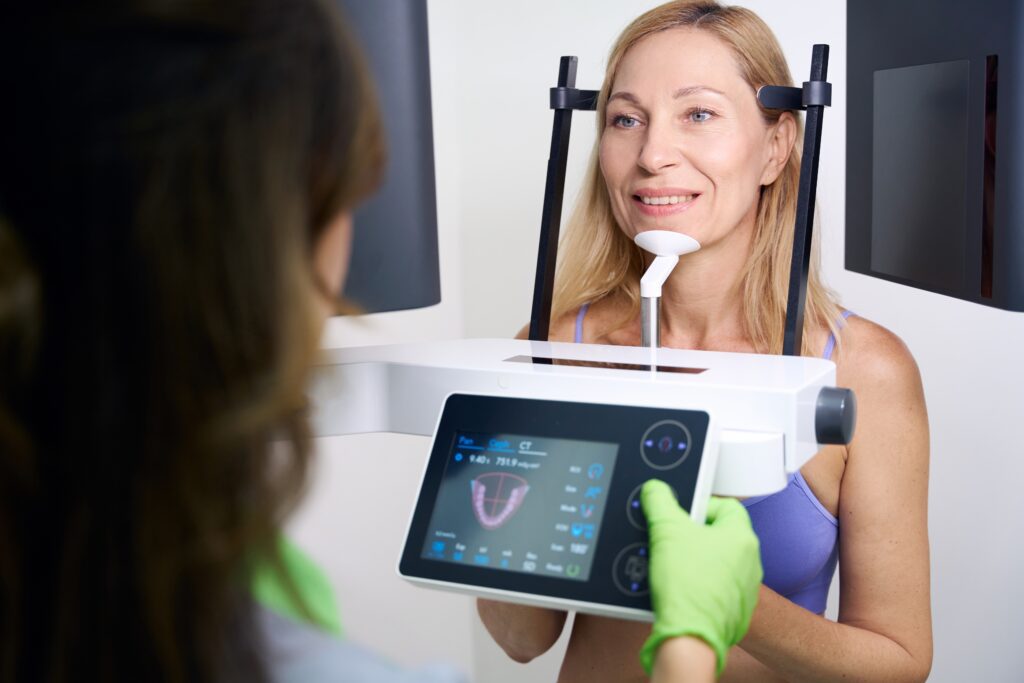
A specialist dentist focuses on providing advanced care for complex dental issues that go beyond general dentistry. At Totally Smiles, our team of specialists are equipped to handle an array of services that address specific dental problems, all while improving your overall oral function and well-being.
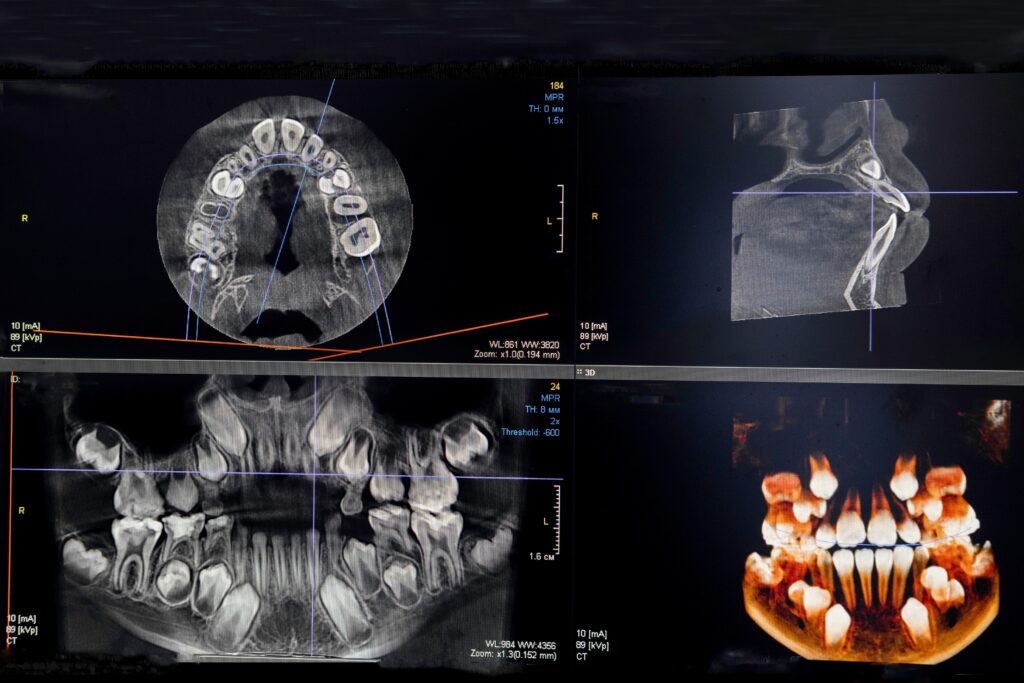
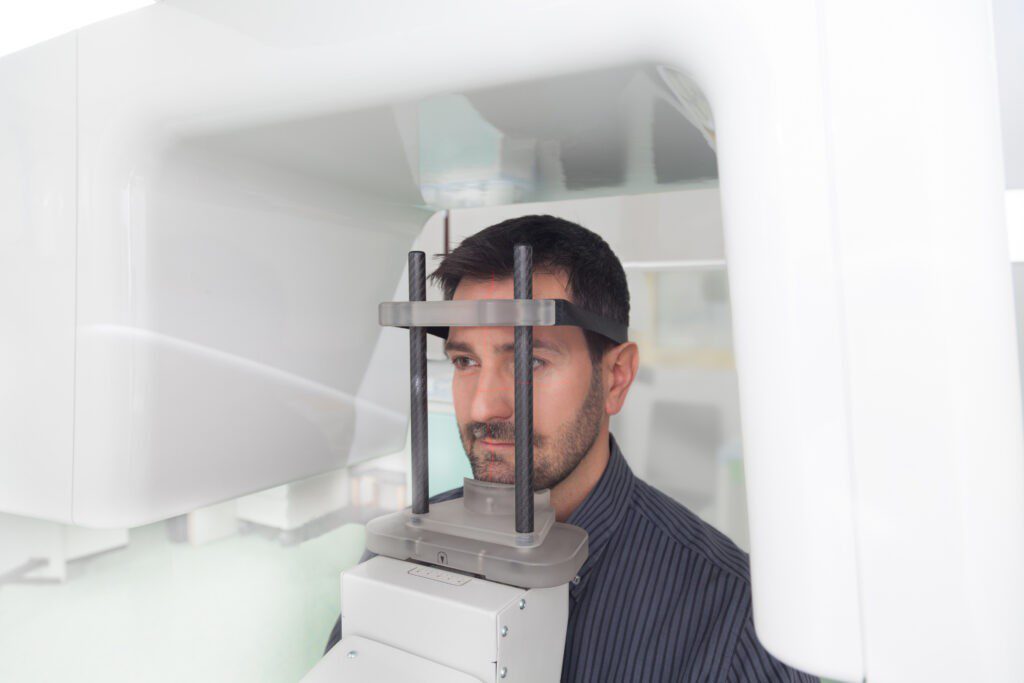
Specialist dentistry services are essential for addressing complex dental issues that require advanced knowledge and expertise. Whether it’s orthodontics, periodontics, or oral surgery, specialists provide targeted care for specific problems like misaligned teeth, gum disease, or impacted wisdom teeth. By receiving specialised treatment, you’ll benefit from precise diagnosis, tailored solutions, and improved outcomes. This ensures that dental issues are effectively managed, leading to better long-term oral health and overall wellbeing.
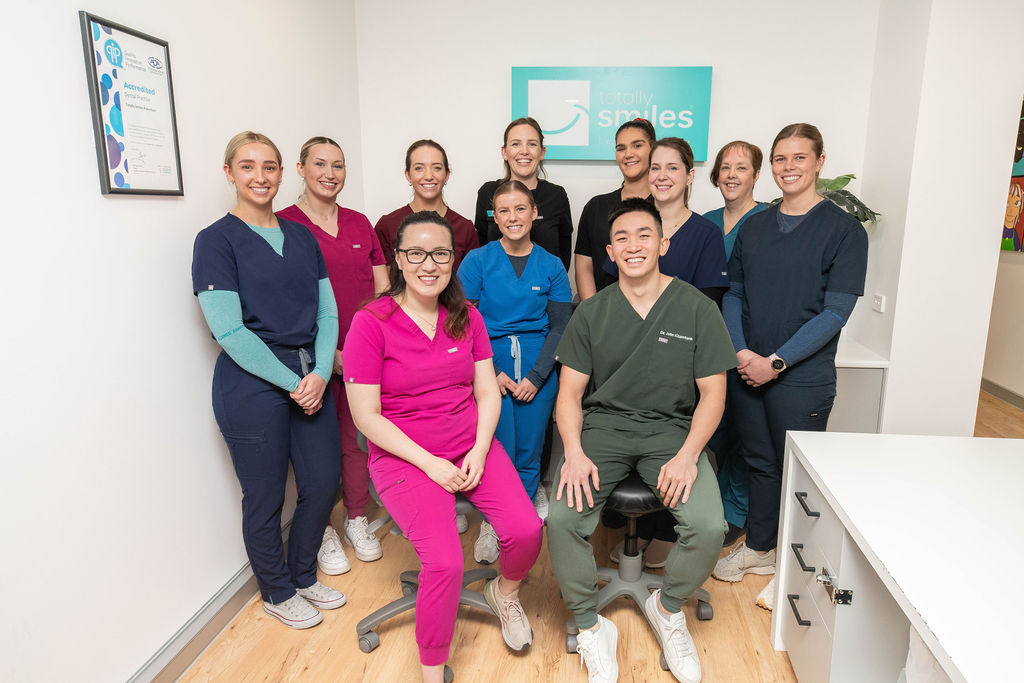
At Totally Smiles, we stand out by offering exceptional dental care that’s accessible and affordable for all Australians. Our nationwide presence means you’re never far from expert care, while our state-of-the-art technology ensures you receive the most advanced treatments in a comfortable setting. We prioritise quality with minimal stress, providing personalised advice and reassurance at every step.
Everyone deserves the best version of themselves, and our affordable care ensures you’ll leave with the smile you’ve always wanted. With a dedicated team focused on your individual needs, we’re committed to making your dental experience positive, convenient, and genuinely rewarding.
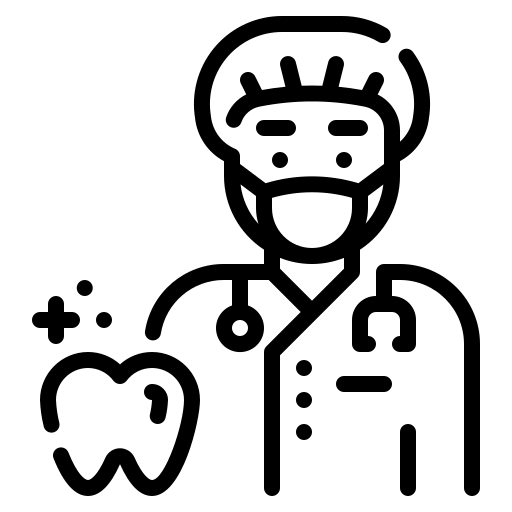
STEP ONE
We begin with a comprehensive examination to assess your dental condition. During this visit, we’ll discuss your specific concerns and determine the best specialist treatment to improve your dental health. Based on this, we then create a personalised treatment plan tailored to your needs.

STEP TWO
Treatment
Once your treatment plan is finalised, our dental specialists carry out the procedure with precision and care.
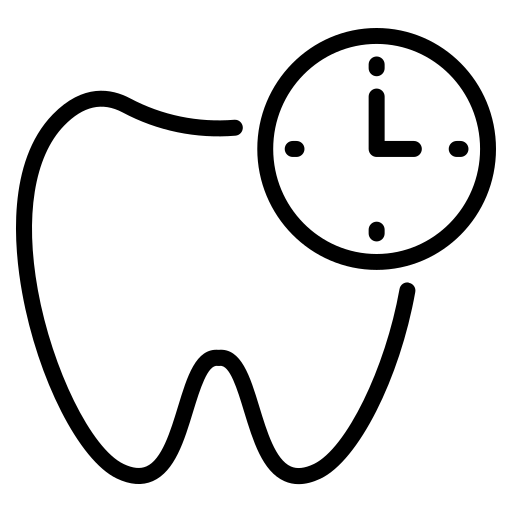
STEP THREE
Aftercare & Long-Term Monitoring
After treatment, we provide comprehensive aftercare instructions and schedule follow-up appointments to monitor your progress.
Do you have?
Misaligned teeth or bite issues
Severe tooth decay or damaged teeth
Dental concerns that require surgery or advanced care
How it helps
Perfect for
Individuals with complex dental issues that require specialist care
Patients needing advanced treatments
People with severe gum disease or significant tooth damage
Anyone looking for expert care to address specific dental concerns
Specialist Dental Services
Receive expert, advanced care from our team of specialists at Totally Smiles.
“I just got back from my first appointment at Totally Smiles and was blown away by both the professionalism and kindness of the whole team. As someone who has avoided dentists due to severe anxiety, I felt extremely at ease and comfortable here. Quick and painless. Thanks, team!”
– Chloe A.
“From my first call, the reception team were so friendly and professional. My dentist today was just wonderful – professional, offering options, and having an open discussion about my treatments. I'm happy to say we've found our new dentist.”
– Lorena S.
“Really friendly staff; compassionate and caring dentists; clean, spacious, modern waiting area and rooms. I felt heard, and my experience and comfort were valued just as much as the quality of my care. As someone usually very nervous to visit a dentist, this place and its staff are great!”
– Emily S.
“It was my first visit to the dentist since I settled in AU. Dr Sam and his team made me feel at ease. There are many dental practices out there, but this place gave me a good vibe. Highly recommended.”
– Cess.
“I would recommend Dr John and his team for their professionalism, quality of care, and outstanding premises. All in all, an enjoyable experience. I highly recommend this practice for any dental needs.”
– Kristina.
“Dr Holly was professional, kind, and thorough during my treatment. The reception staff were welcoming and helpful. When my children had urgent dental issues, Dr Jade always treated them with the utmost care. I highly recommend Totally Smiles Pakenham to anyone looking for a new dentist.”
– Melissa J.
“This was a dental experience like no other! I am so thankful for their care and attention in what can be a particularly anxious time. My concerns were addressed with ease, and all staff were very supportive.”
– Amy C.
“Always a caring, friendly, and professional environment. All the dentists and assistants are great at helping with whatever needs fixing. Best dental practice I've been to, which is why I've been returning for all my dental needs.”
– Matt C.


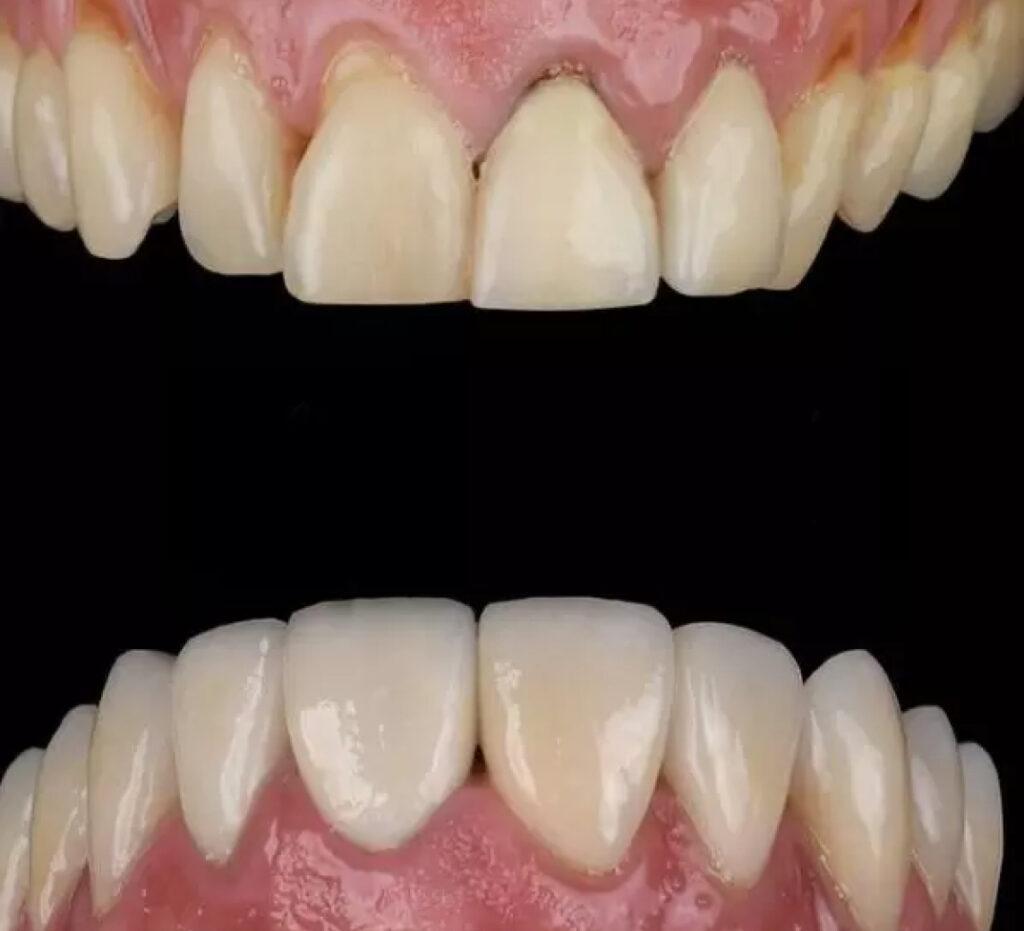
Yes, a general dentist can refer you to a specialist if they determine that you require advanced care. Your dentist will guide you to the appropriate specialist based on your specific dental needs.
With 7 locations across Australia, you’ll be sure to find a Totally Smiles centre near you!
Phone: (07) 4725 2275
Address: 92 Ross River Rd,
Townsville City QLD 4812
Email: townsville@totallysmiles.com.au
Phone: 07 4951 1751
Address: 50 Nelson St, Mackay
QLD 4740
Email: nelsonst@totallysmiles.com.au
Phone: 07 3399 2862
Address: 6/18 Thynne Rd, Morningside
QLD 4170
Email: morningside@totallysmiles.com.au
Phone: 07 3878 9799
Address: 17 Station Road, Indooroopilly
QLD 4068
Email: indooroopilly@totallysmiles.com.au
Phone: (03) 5229 8721
Address: 17/19 James St,
Geelong VIC 3220
Email: geelong@totallysmiles.com.au
Phone: 03 5940 4988
Address: 19 John St, Pakenham
VIC 3810
Email: pakenham@totallysmiles.com.au
Phone: (02) 6255 1544
Address: Level 1/76 Hardwick Cres,
Holt ACT 2615
Email: holt@totallysmiles.com.au